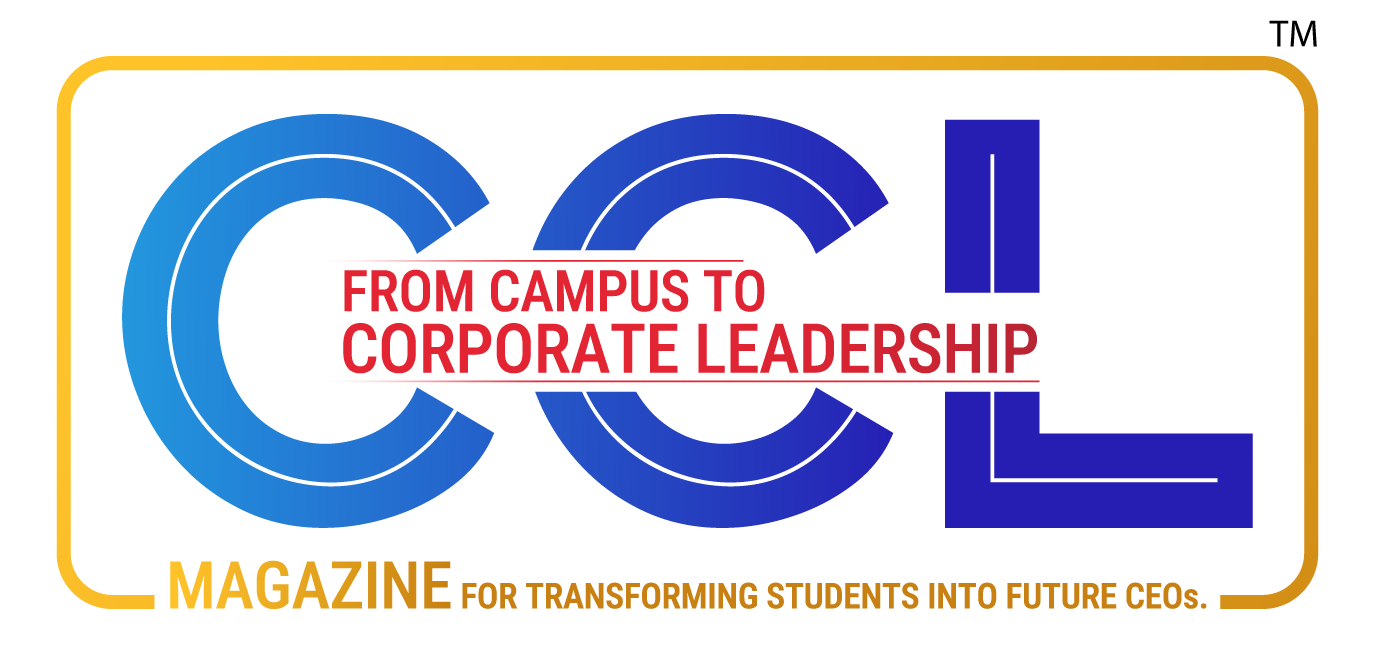Now Reading: Generation Alpha: The Future of Higher Education
1
-
01
Generation Alpha: The Future of Higher Education

Generation Alpha: The Future of Higher Education
Generation Alpha will redefine higher education through AI, AR/VR, and immersive, career-focused learning. Institutions must embrace hybrid models, sustainability, ethical tech, and global collaboration to stay relevant. Micro-credentials and lifelong learning will be essential as students prepare for a fast-changing world. Innovation isn’t optional—it’s the path to future-ready education.
Dr. Chethana Dabare
Scroll to Top









